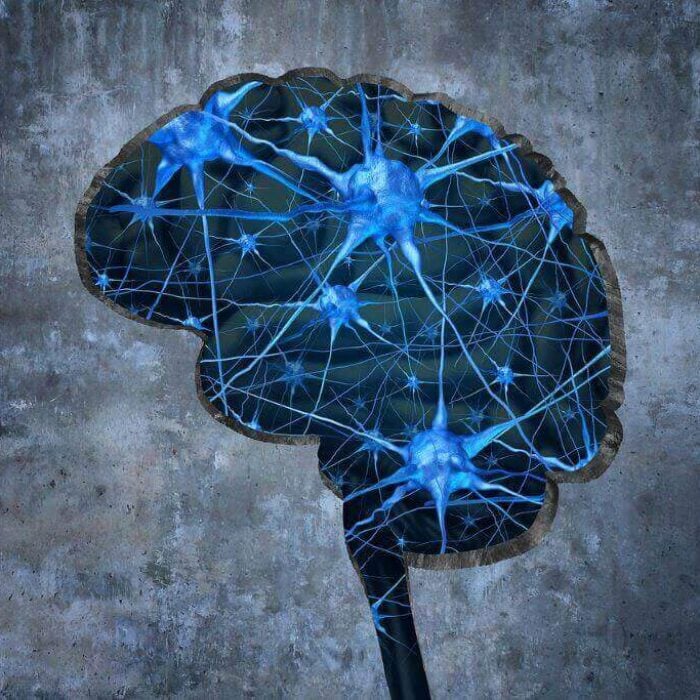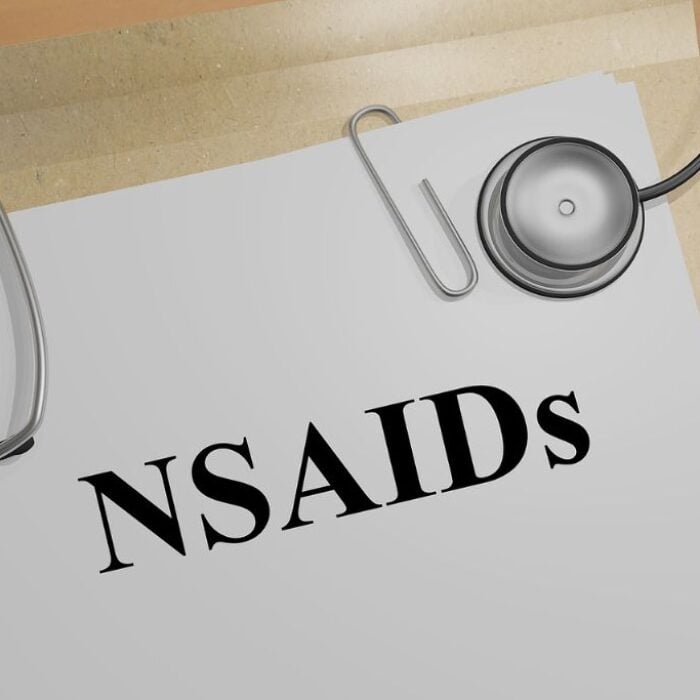Drug addictions are often rooted in an attempt to relieve the stress and pain associated with underlying medical or psychiatric issues. Unfortunately, many of these issues go undiagnosed, which causes sufferers to self-medicate with illegal drugs. One of most common medical conditions that increases the likelihood of drug abuse is obsessive compulsive disorder (OCD). Because of the co-dependent relationship between drug abuse and OCD, it’s vital that patients seek and receive treatment for both. Many co-dependent patients respond well to treatment for their OCD after completing a drug rehabilitation program. It’s amazing how fast things can turn around by simply identifying the real issue and treating it effectively.
The Alienation of OCD Individuals
Individuals with OCD learn quickly that the way they think and behave is not considered normal by the rest of society. Characterized by repeated actions, words or motions, OCD is a frustrating psychological problem caused by repetitive intrusive thoughts. When certain actions are performed by the sufferer, the thoughts go away, but they return almost immediately. This leaves the individual in a constant state of frustration. In addition, many OCD sufferers attempt to hide their abnormal behavior patterns from others, leading to an even higher level of stress. As these individuals struggle to understand what is wrong with them, they often turn to drugs as a way to relieve the social and psychological discomfort that they feel. In fact, according to the Journal of Anxiety Disorders, 70 percent of study participants with substance abuse issues stated that they had been diagnosed with OCD prior to becoming addicted.
Why Treatment is Delayed
Many OCD sufferers have been admonished for having bad behavior by parents, teachers and employers who believe that it is a behavior problem that requires punishment. By the time these individuals reach adulthood, they have low self esteem and have accepted the persona that they are weird and don’t fit in. Many loved ones see the individual’s drug addiction as the problem and get fed up with repeated attempts to help their loved one get sober.
Even when individuals do suspect that they have OCD they delay seeking treatment, instead opting to self medicate with escalating drug use. Drugs also numb the intrusive OCD thoughts and urges, thus allowing them to hide the symptoms of OCD.
Treating These Co-occurring Disorders
Successful co-treatment for drug abuse and OCD begins with detoxing from drugs. This must be done without unnecessary suffering, punishment or labeling of the individual as an addict. Once this process is complete, the drug treatment facility should refer the patient out to a psychiatrist who is specialized in treating OCD cases on an out-patient basis.
In many cases, prescription medication is required to help calm the mind and keep OCD thoughts under control. This allows patients to learn how to control their compulsions through meditation or breathing exercises. Once they learn how to control their urges, they no longer need to lean on drugs to numb the effects of OCD. Successful co-treatment is even more important because OCD is a chronic condition that can be successfully controlled but not cured. If a previously addicted individual does not learn to cope with their OCD successfully, the likelihood of a relapse in drug abuse is likely.
Once an official diagnosis of OCD is obtained, so many things start falling into place. Understanding the condition gives patients and families hope, forgiveness and helps them work together. In addition, patients become a productive part of society and feel that they finally belong.
Sources
http://www.dualdiagnosis.org/ocd-addiction/
http://www.muirwoodteen.com/ocd-addiction/













